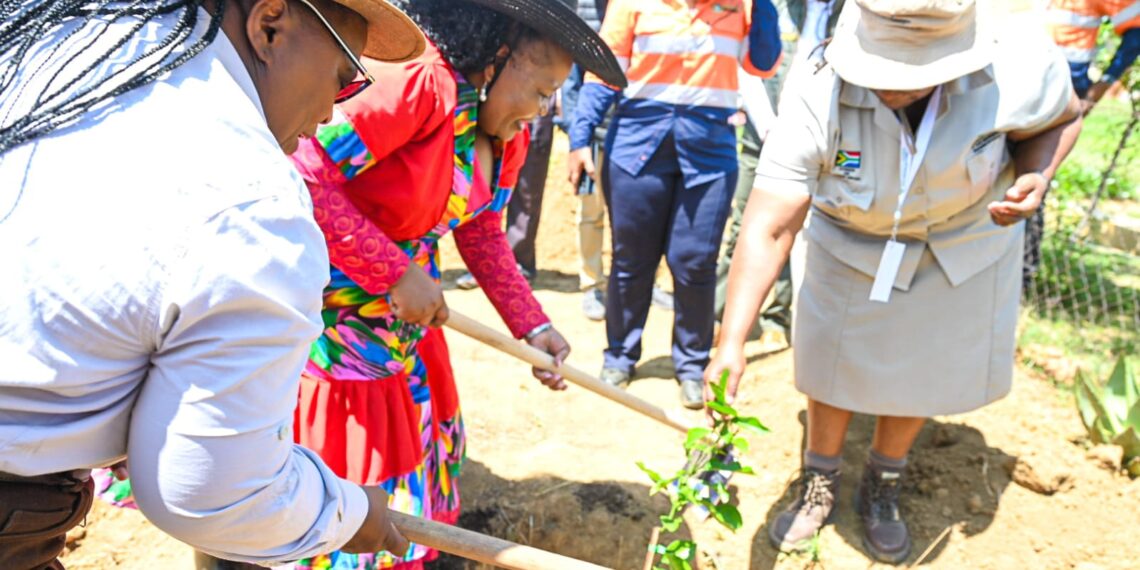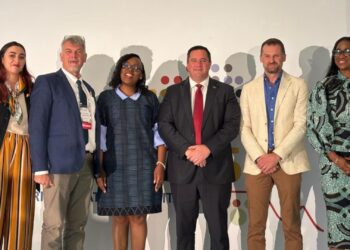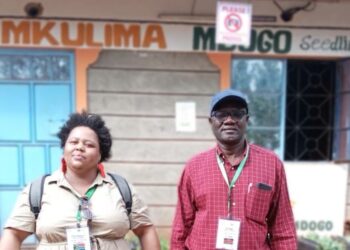In a show of commitment to food security and rural development, the Gcabhane Sondlisizwe Project, an agricultural cooperative managing 38 hectares of land at Watersmeet in Ladysmith, KwaZulu-Natal has pledged to use government-provided infrastructure responsibly and pursue self-sustainability.
The pledge was made to two provincial MECs, Thembeni Madlopha-Mthethwa of the department of agriculture and rural development, and Mbali Shinga of the department of social development, during a hands-on visit to the cooperative’s site. The MECs actively participated in tilling the soil using five tractors in preparation for maize planting, demonstrating government support for grassroots agricultural initiatives.
The department of agriculture and rural development is assisting the cooperative through its mechanisation programme, providing production inputs, seeds, fertilisers, and extension services. This site visit formed part of World Food Day commemorations held at Valjas Sports Ground in the Phayikeni area under the Alfred Duma Local Municipality.





Recent findings from the General Household Survey highlight persistent food insecurity in KwaZulu-Natal, with 19% of households experiencing moderate to severe hunger. Districts such as Zululand, uMzinyathi, and uMkhanyakude are among the hardest hit.
World Food Day, observed annually for the past 80 years, marks the founding of the Food and Agriculture Organisation (FAO) and seeks to raise awareness on hunger, food security, and nutrition. In South Africa, the observance also focuses on the challenges faced by women in rural communities.
Speaking at the event attended by hundreds from uThukela District Municipality, KaMadlopha-Mthethwa highlighted accountability for cooperatives receiving government support.
“All cooperatives benefiting from government assistance are expected to use resources effectively and ensure self-sustainability,” she said. “While we commemorate this day, let us not forget those who go to bed hungry. South Africa is a food-secure nation, but our goal is to ensure every citizen has food on their table.
“Our country is a land of contrasts, with some struggling with obesity due to poor diets, while agricultural producers face post-harvest losses. We urge companies to adopt innovative solutions, invest in technology, and the government will also facilitate market access.”
The Gcabhane Sondlisizwe Project continues to cultivate maize, selling locally, though they face challenges in accessing broader markets. The collaborative efforts of the departments aim to address these barriers and strengthen food security in the region.
READ NEXT: IFAJ Congress brings the world’s top agri media to Nairobi

















